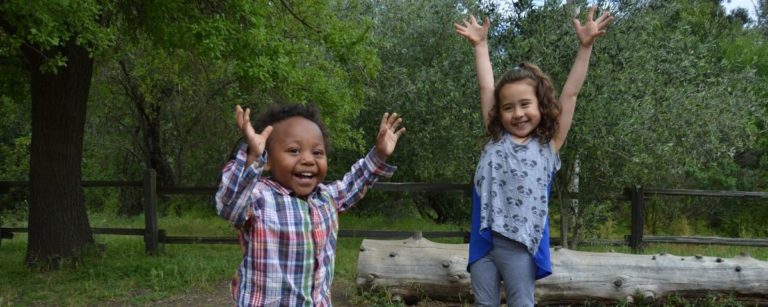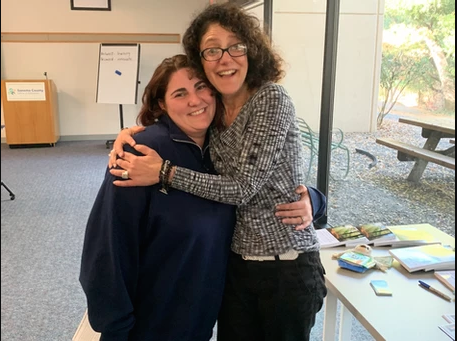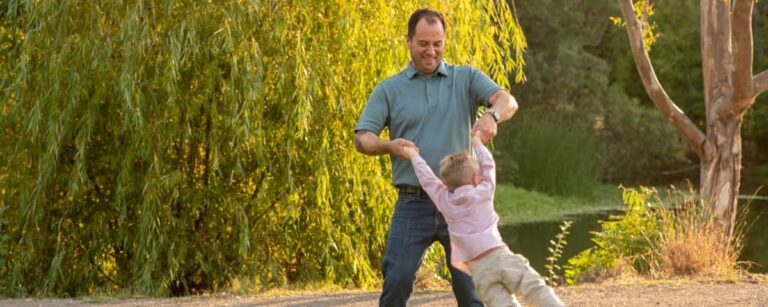When You Face Doubt on Your Foster/Adopt Journey
By Erin Bouchard, MA
“Can I really do this?”
“Am I over my head?”
“Did I make right decision?”
Sound familiar? These are all questions that have entered my mind over the years I have been a foster parent. Things get hard and doubt creeps in, making me question whether I am really cut out to be a foster or adoptive mom. Most likely you’ve had similar thoughts or doubts creep into your mind, too.
I came across this quote Katie Buemann recently and I absolutely love it.
“There will always be doubt when you are walking a path that is not yet a path.”
Doubt is normal
Can I be real with you for a minute? There’s supposed to be doubt, there’s supposed to be fear when doing something that is hard, something that is scary, something that is new.
Our bodies were created with safeguards in place. It’s the role of the amygdala. Create and find safety. Seek the known. Warn us of any potential danger.
Deciding to go on a foster care or adoption journey puts us squarely in the face of the unknown. We are quite literally walking a new path. And even if we read all the books and listened to the all the podcasts, there’s nothing that can 100% prepare us for this journey other than experiencing it.
So how do we handle the doubt, the fear, and the uncertainty that arises from our foster care journey? I am so glad you asked!
3 ways to handle doubt, fear & uncertainty
- Acknowledge the doubt and push through it anyway.
What does it mean when we feel doubt? Does it mean we are doing something wrong? Are we in over our heads and should quit immediately? Maybe. But most likely it just means we are walking a new path. Blazing a new trail. We must pause, feel the doubt and make a choice to continue despite the doubt, despite the insecurity. New things are scary for most people. That doesn’t mean the new thing is wrong or not worth doing.
- Avoid the trap of comparison.
“My life could look so different.” Whenever we compare our lives to that of others, it invites doubt into our lives. My husband and I adopted first before we tried for a child through birth. Sometimes I look at these cute couples who have just a little newborn and I think how nice it would be to have that one on one time with their baby, to start a family in the typical way. The comparison can cause me to doubt my choices if I linger too long. There’s no right or wrong way to start a family. There’s no right number of placements to accept. There’s no right amount of years to foster. Instead, we must focus on what we feel is best for our family and push those doubts away when they arise.
- Have a firm why.
When these all-consuming doubts arise, it’s helpful to have a solid foundation and a firm why for the reason you chose to become and continue to be a foster and/or adoptive parent. Make the conscious decision that this is your mission field. When doubts creep in or you start to feel inadequate, you can bring yourself back to that why, that foundation of why you began this journey in the first place.
The bottom line is that wherever you are on your foster care/adoptive journey, just starting or fifteen years in, you will occasionally have doubts that arise. Doubts arise that make you question if this is even the right journey for your family. Doubts can make you feel like quitting. That’s a normal part of blazing a new trail. Learn to replace those doubtful thoughts with truth instead of dwelling on them. And remember your reasons for being called to this journey in the first place. May it anchor you on your mission!
You’ve got this!
Erin Bouchard. Author. Speaker. Advocate. Educator. Erin founded Trauma-Informed Parenting because she’s passionate about helping foster and adoptive parents understand early trauma and attachment. Erin Bouchard and her husband, Joel, have been foster parents since 2011. They adopted out of the foster care system in 2014. They are kinship, foster, adoptive, and bio parents. Over the years Erin has learned a lot through their experiences with early trauma. She teaches and educates about connection, attachment, trauma, grief, and loss. Her first book, Trauma-Informed Parenting is on the way! Help One Child appreciates her collaboration and contributions with blog articles, video usage permission for support group curriculum, and podcast guest appearances.









